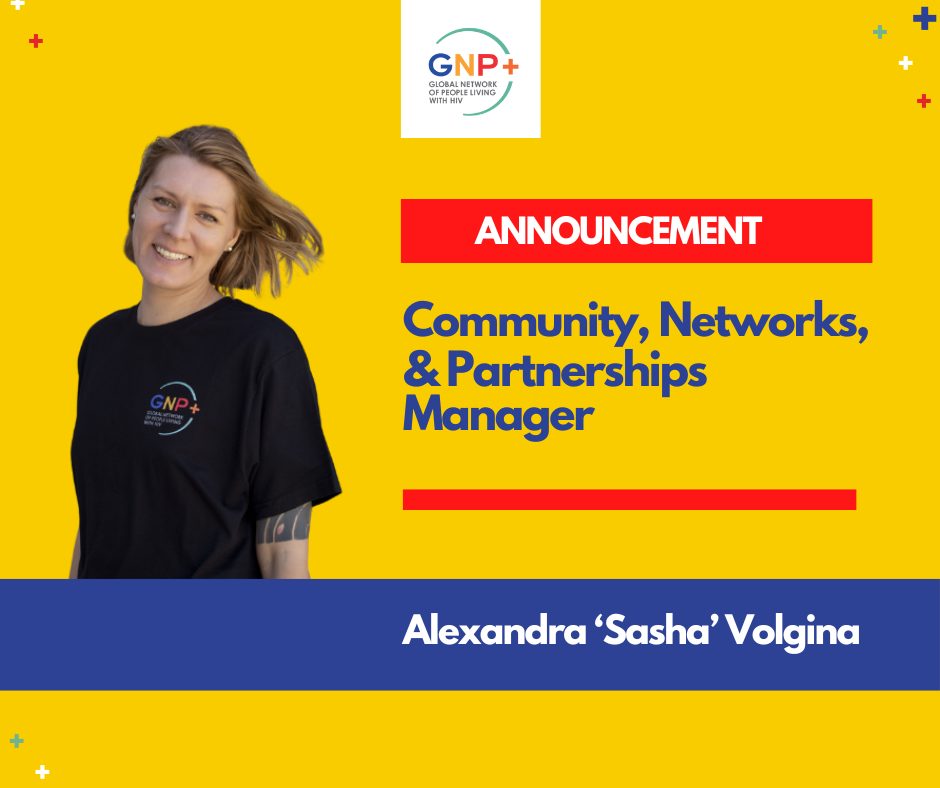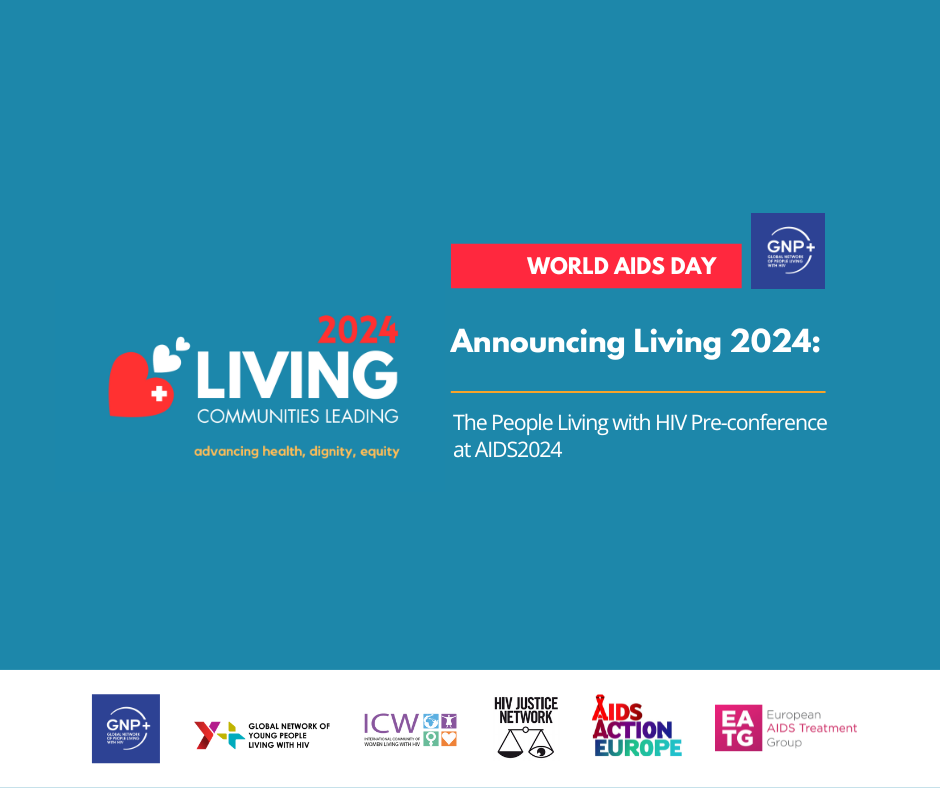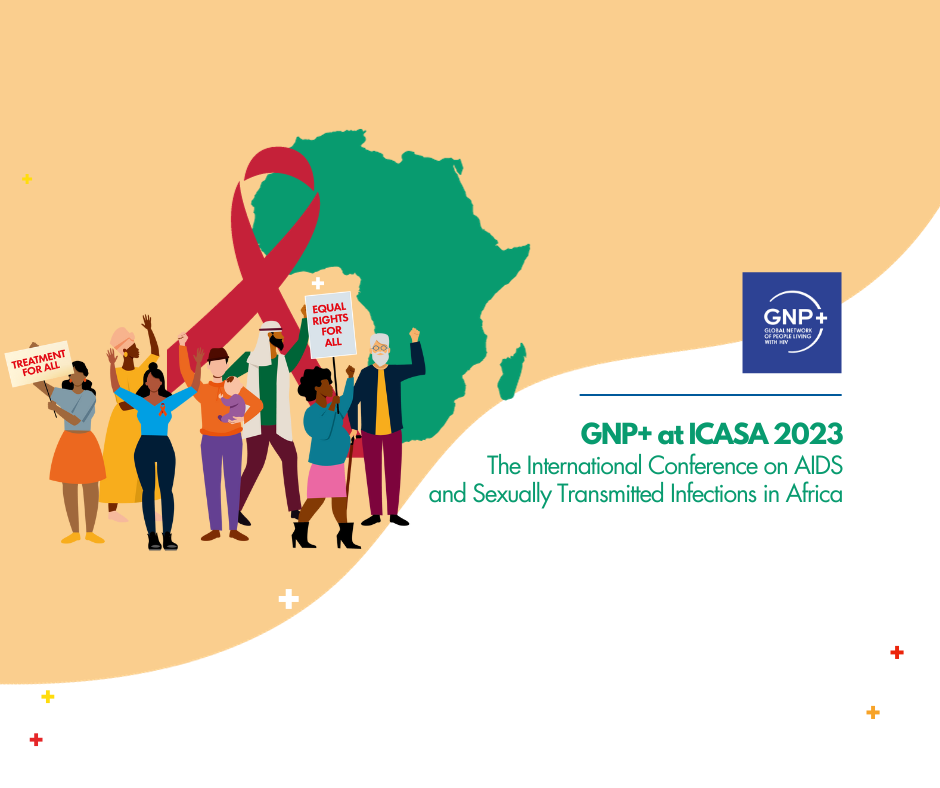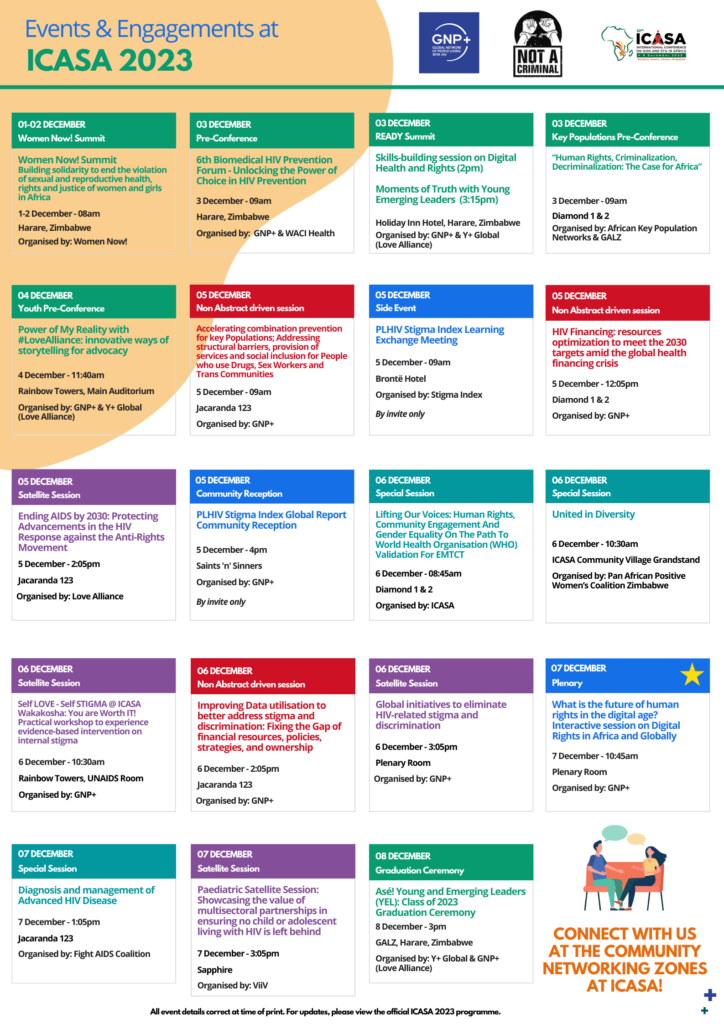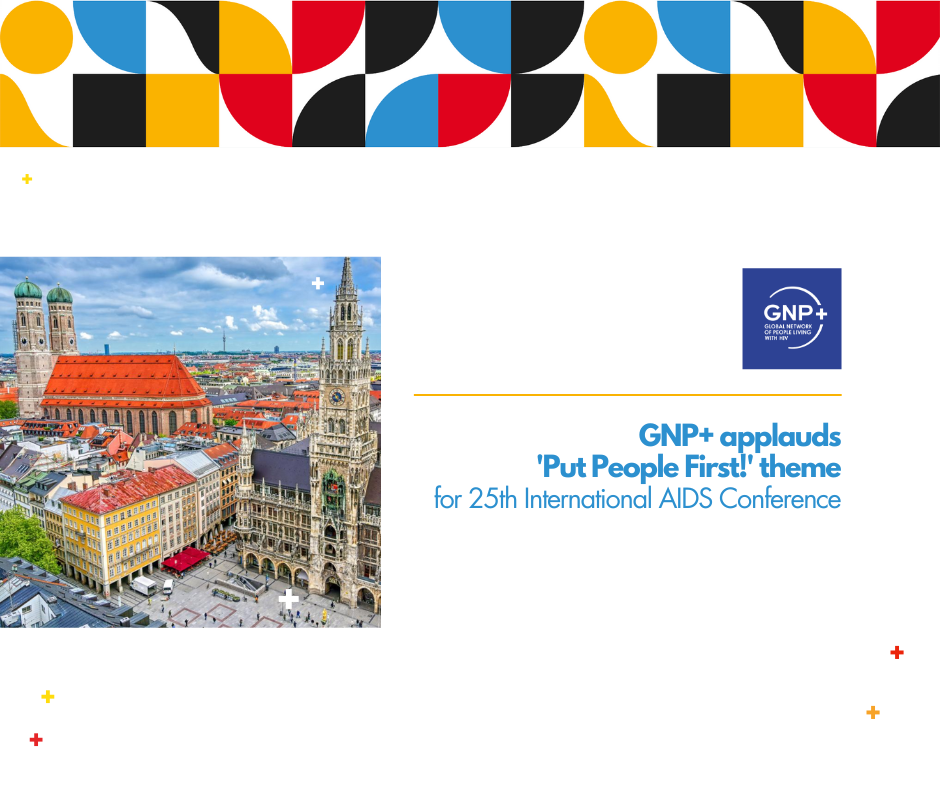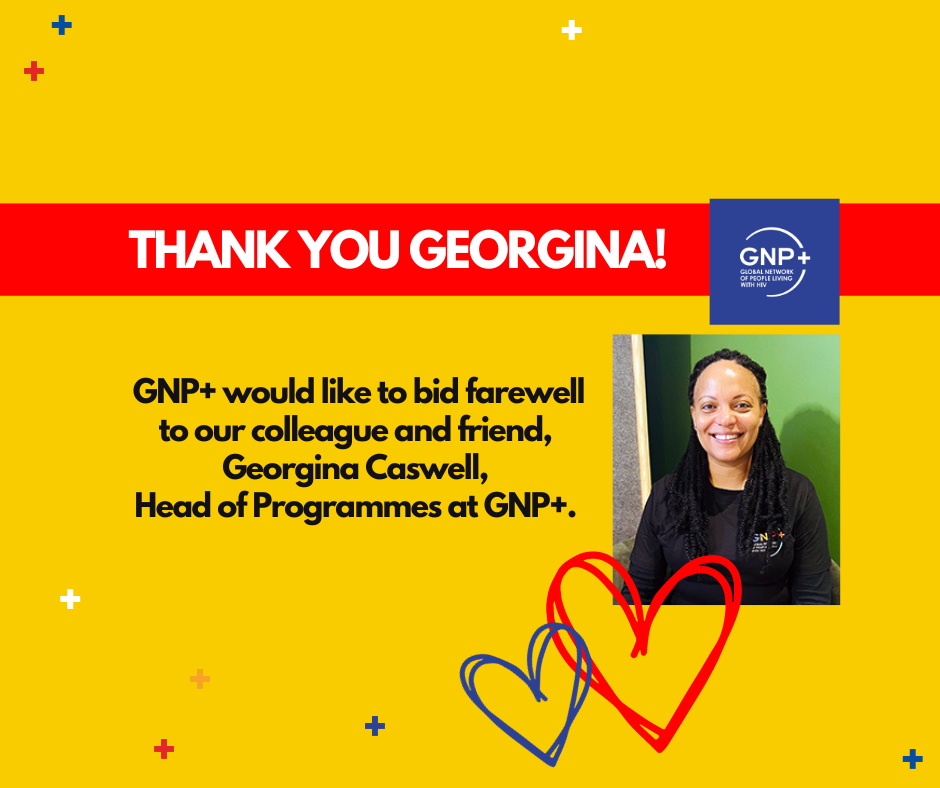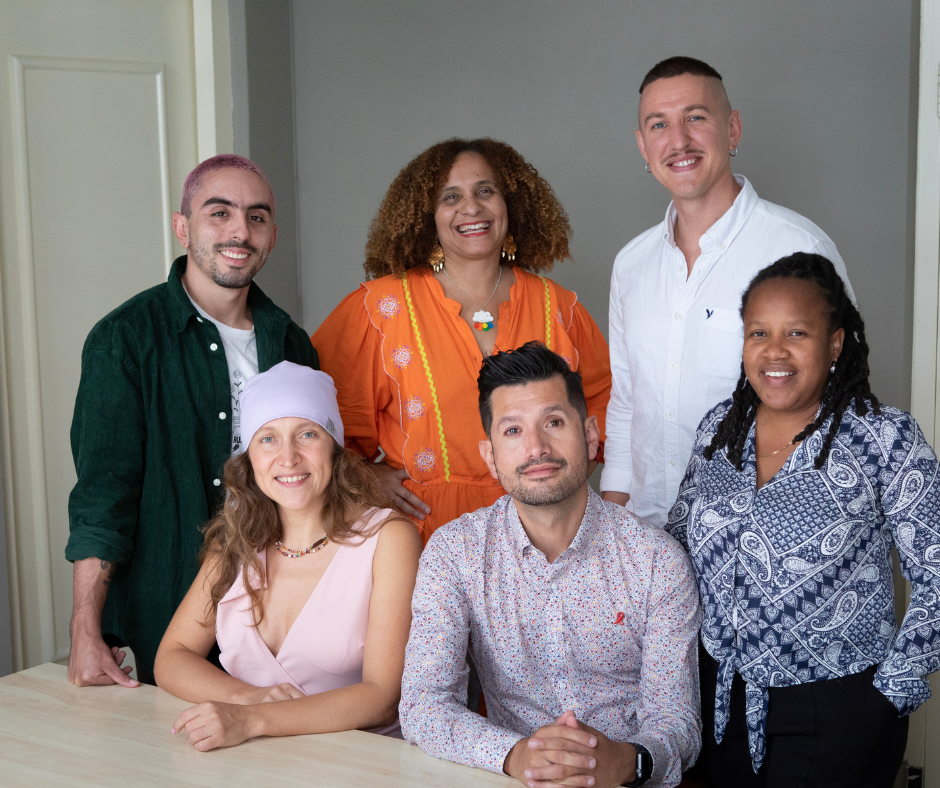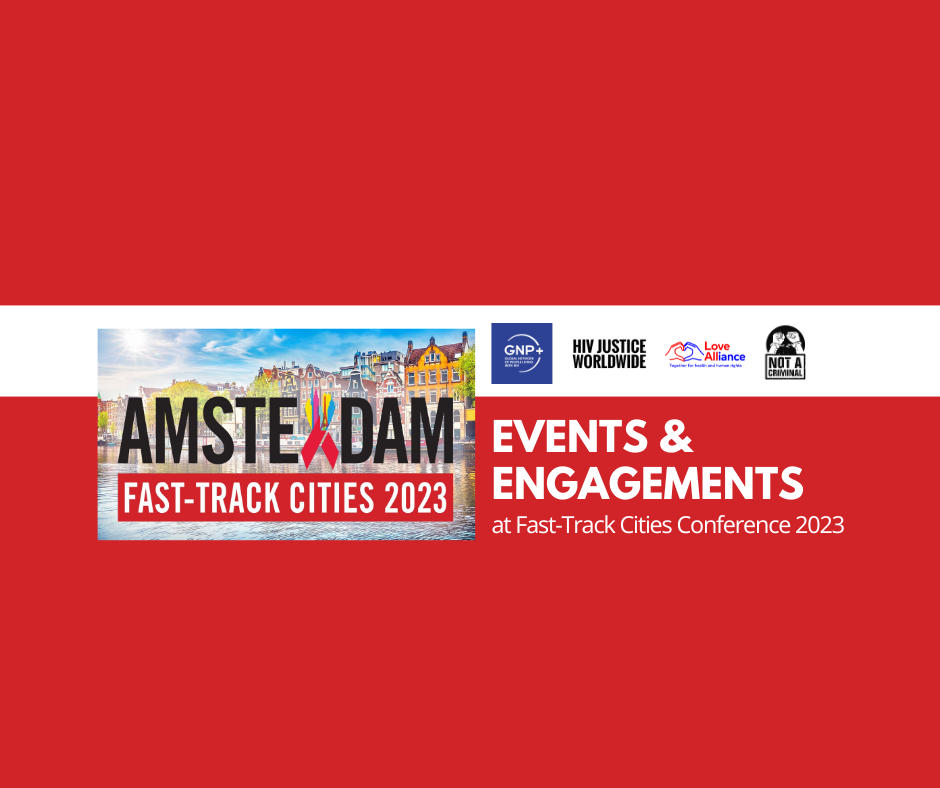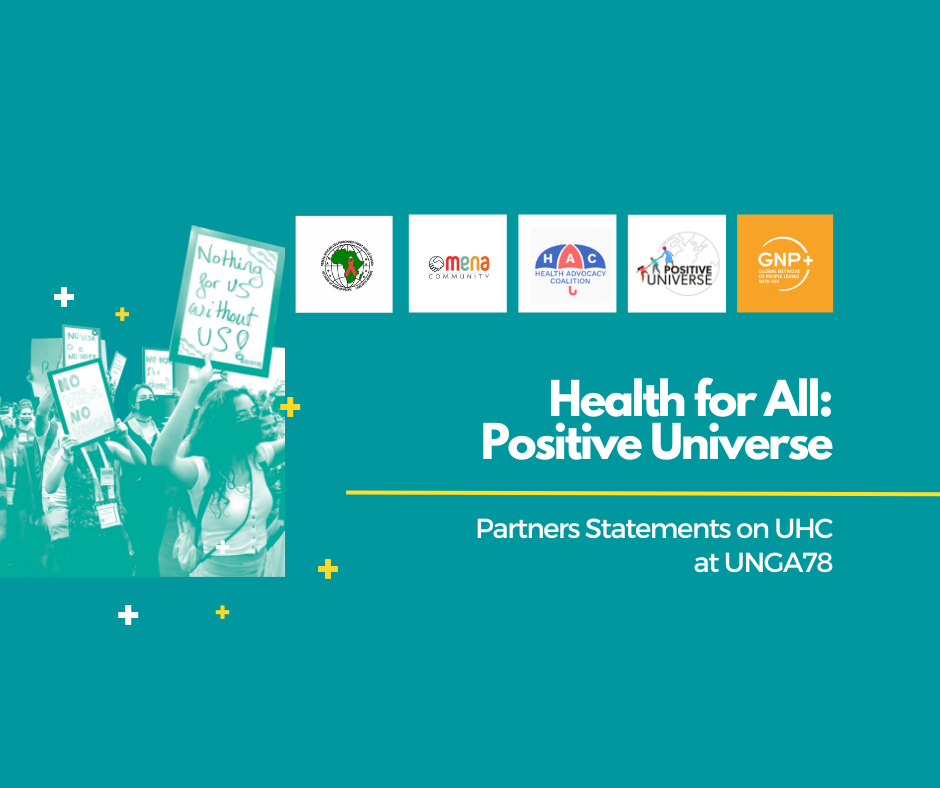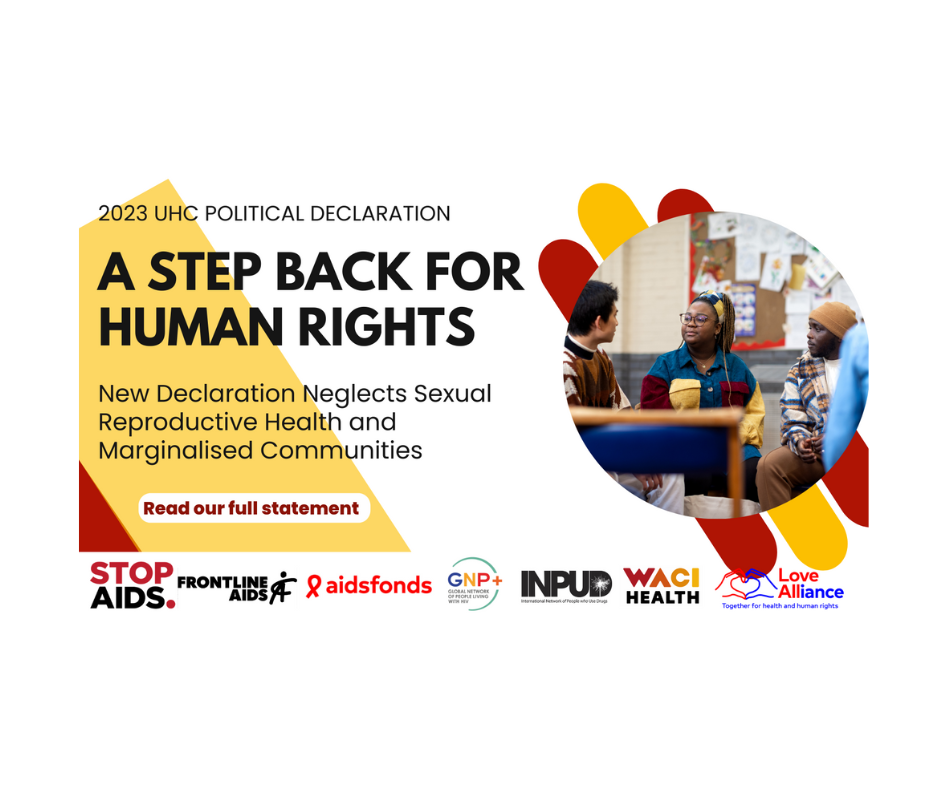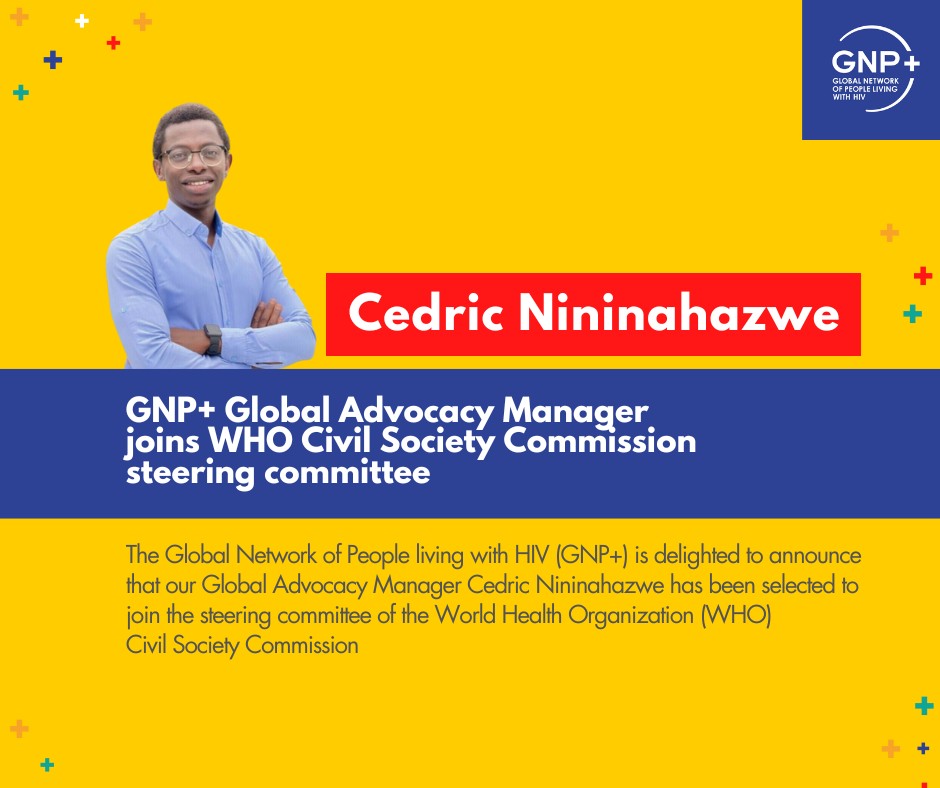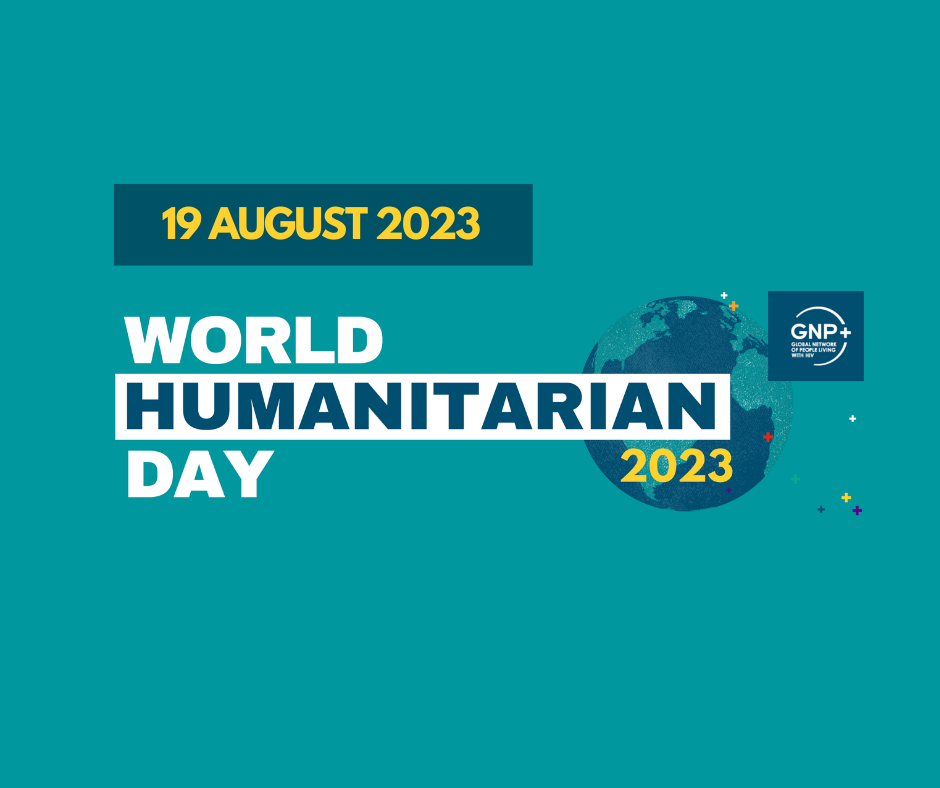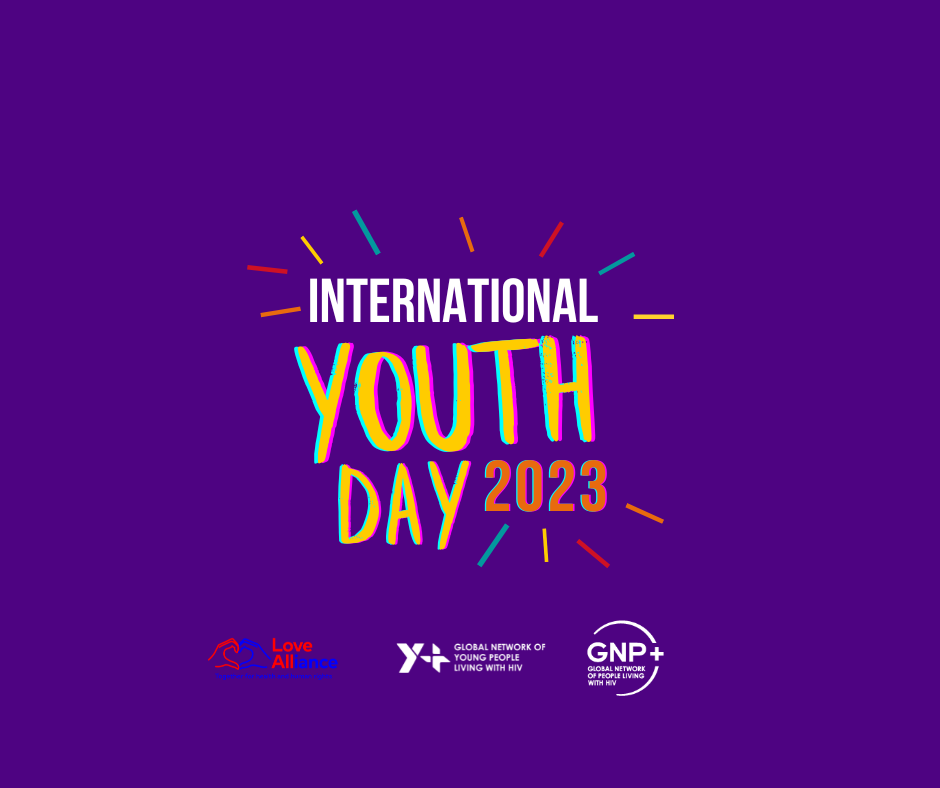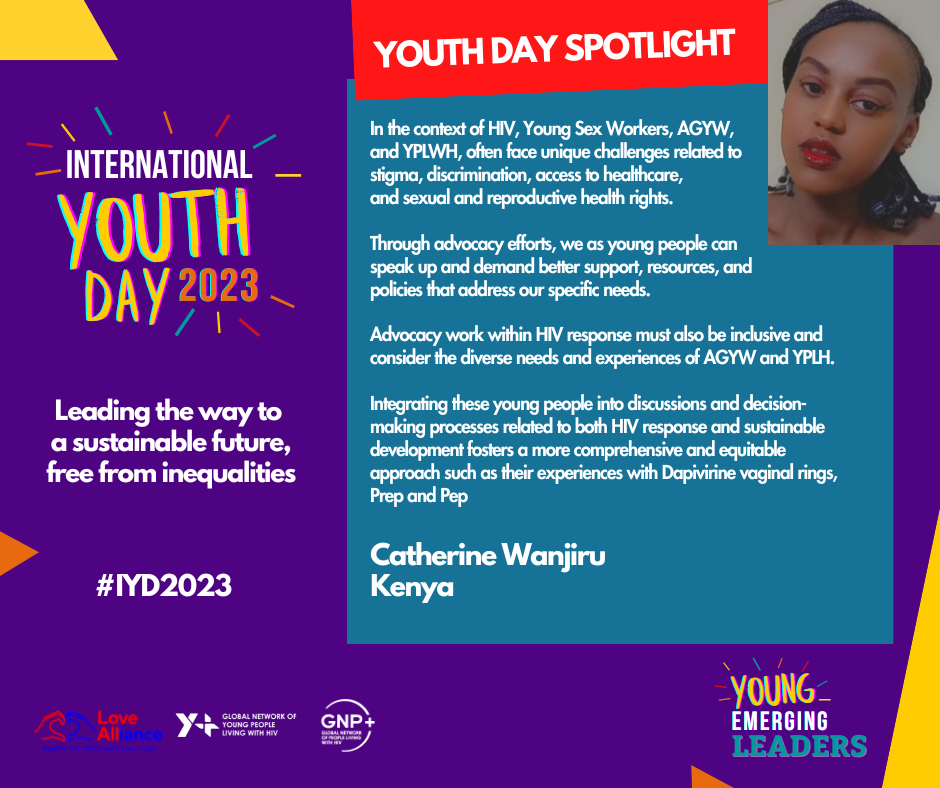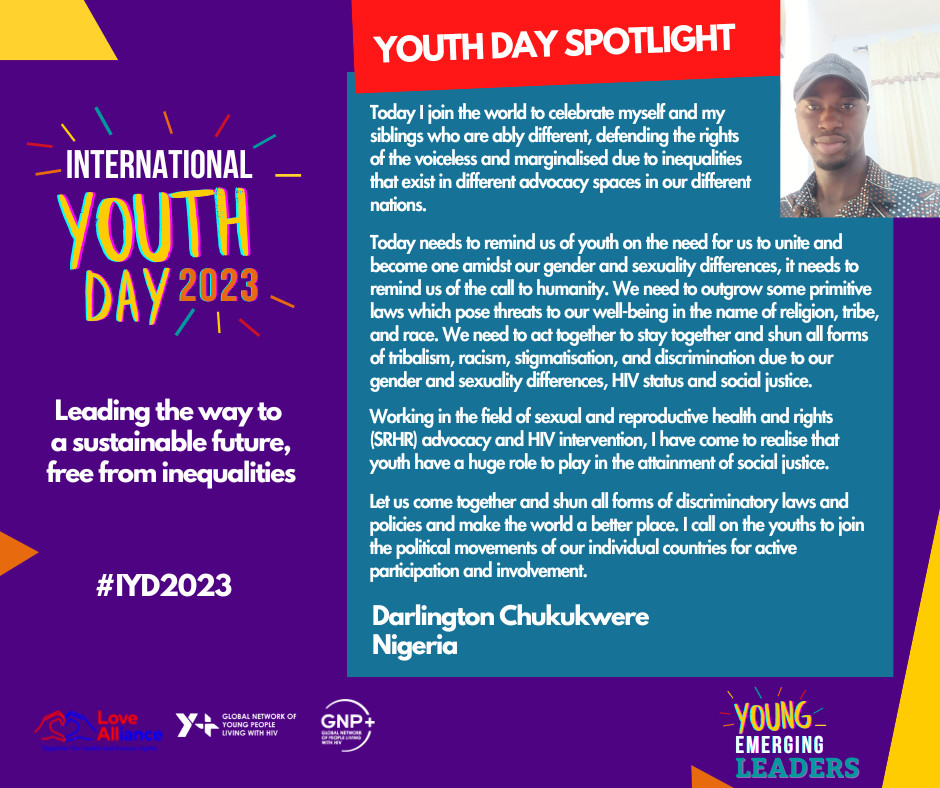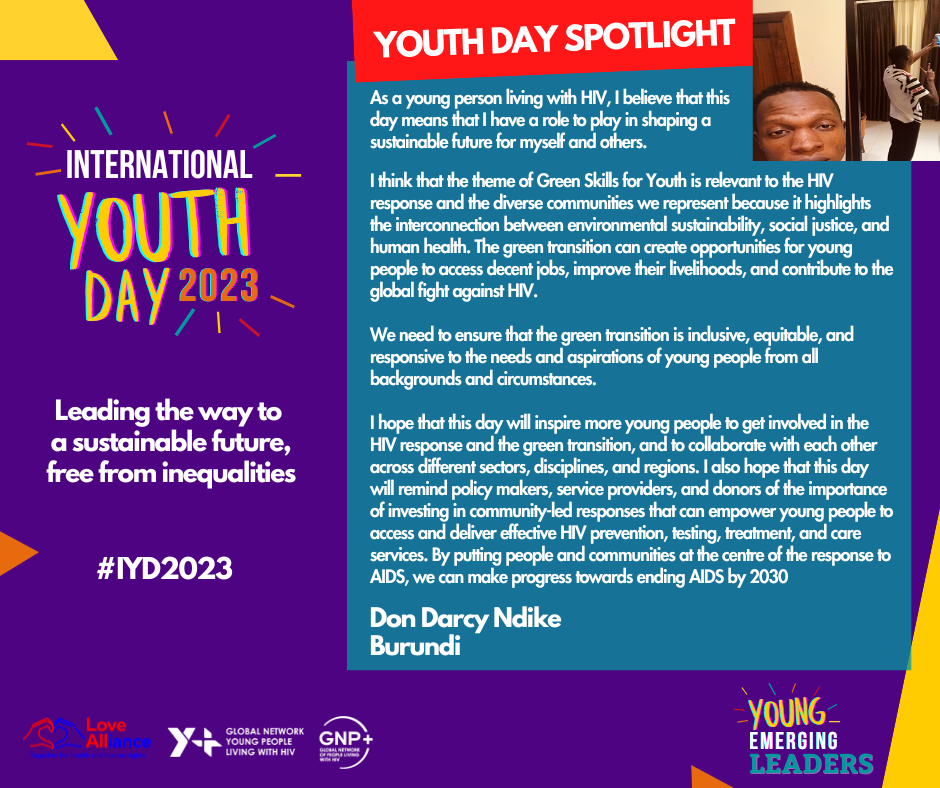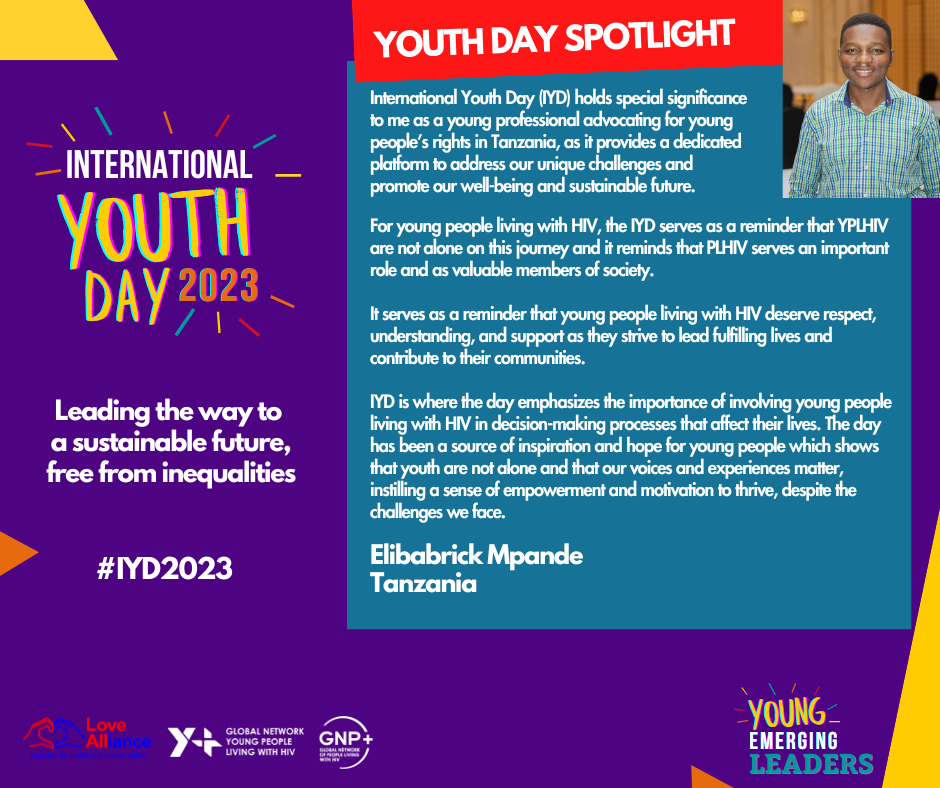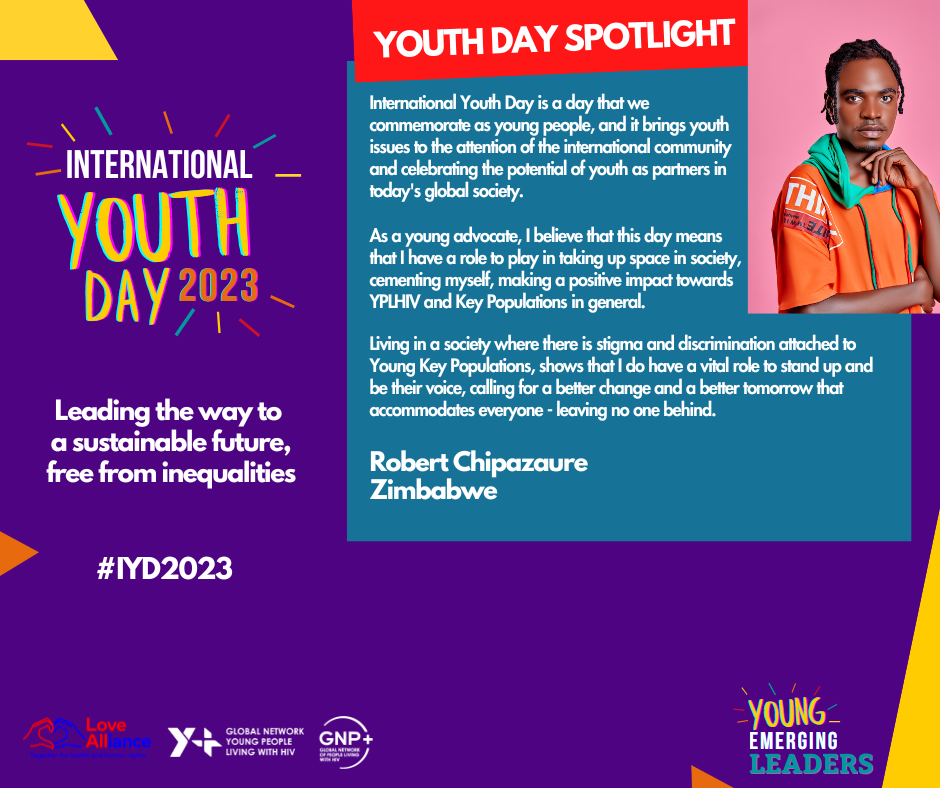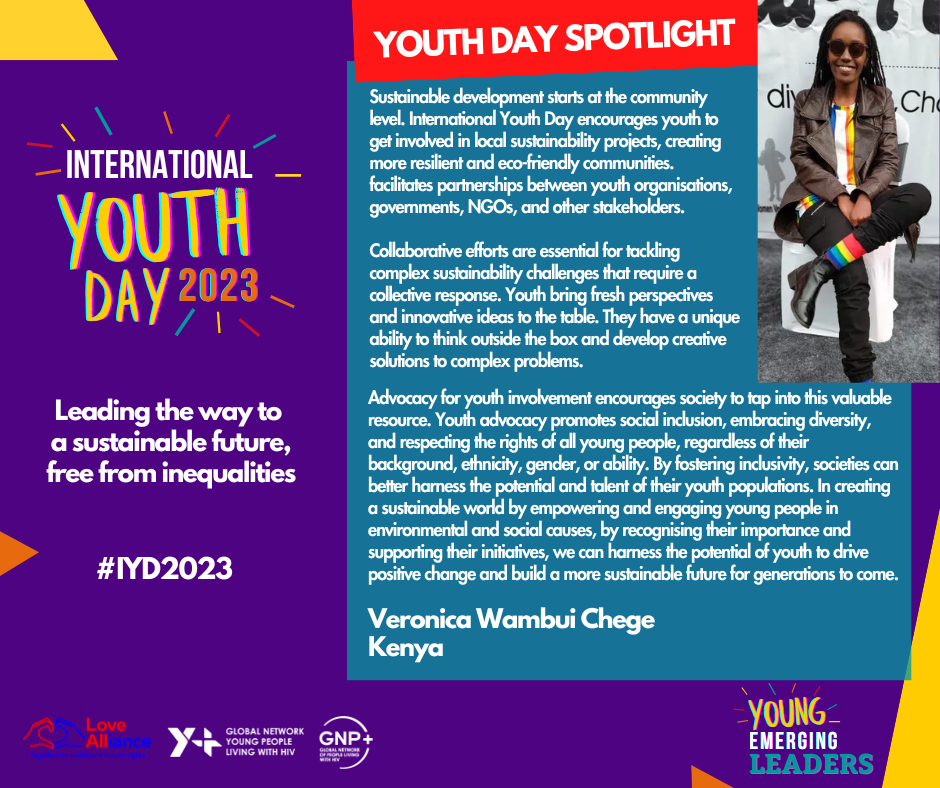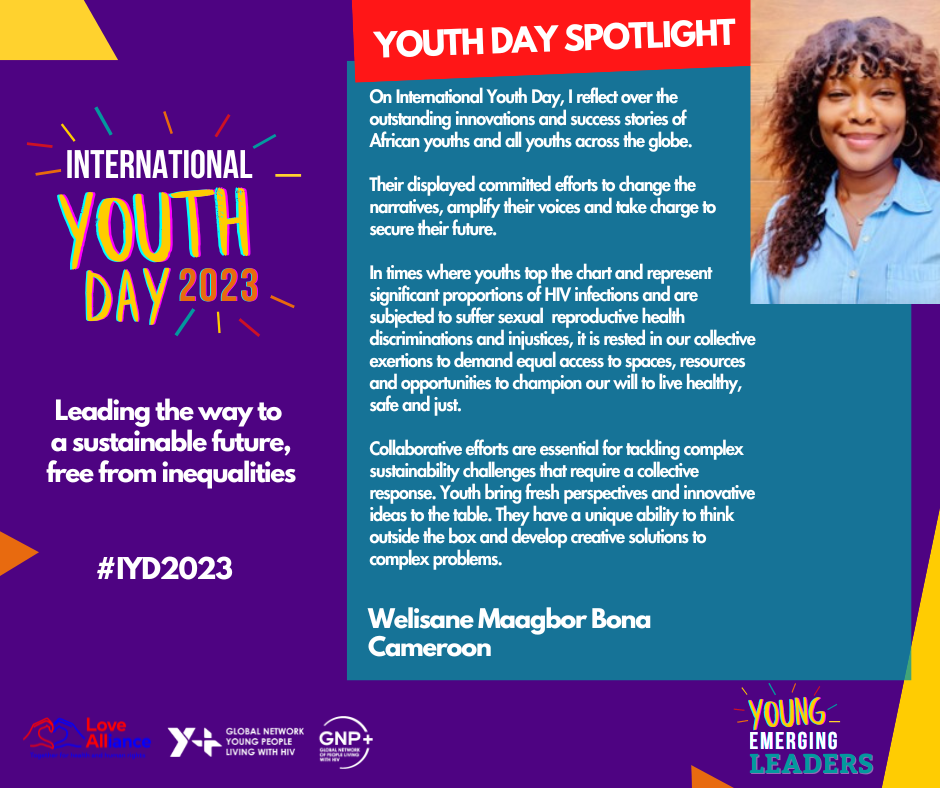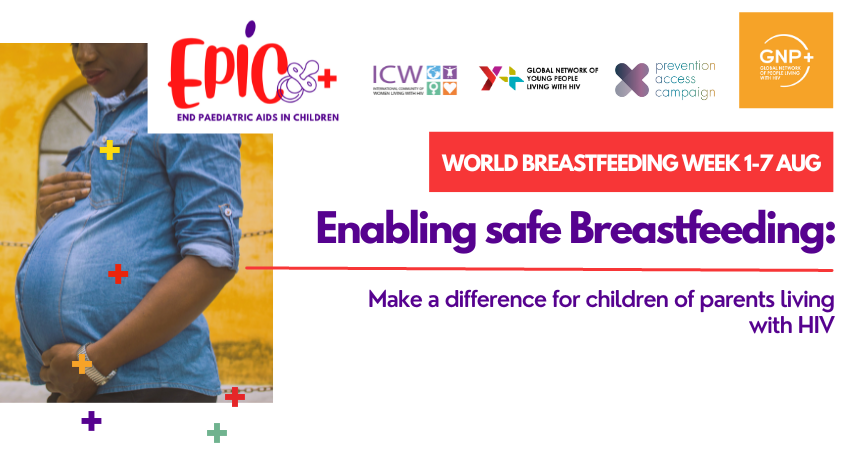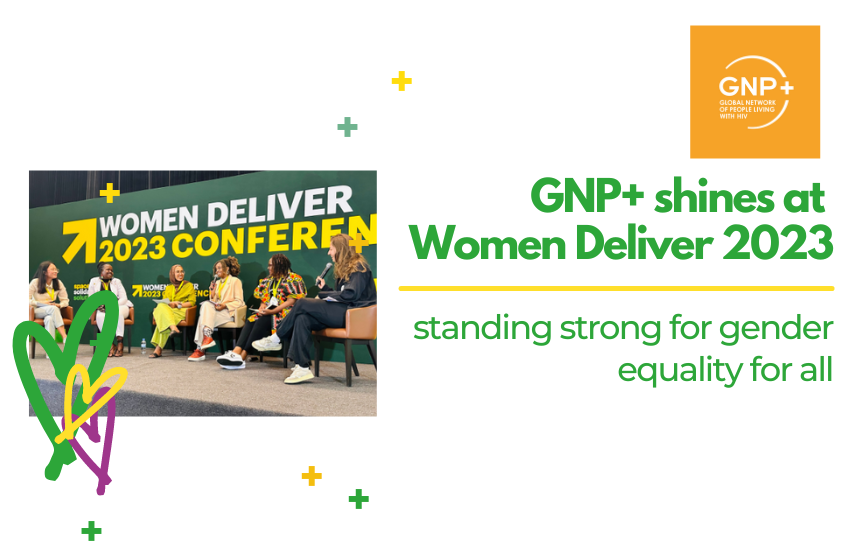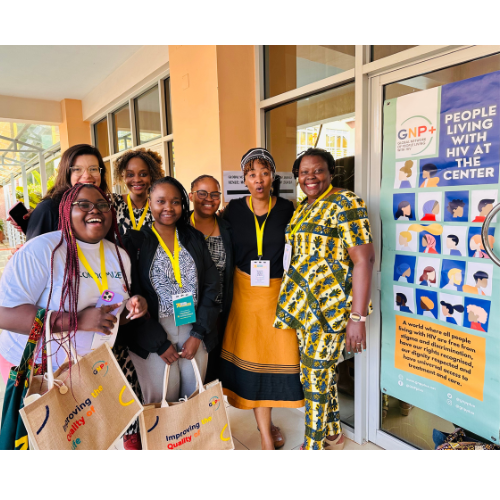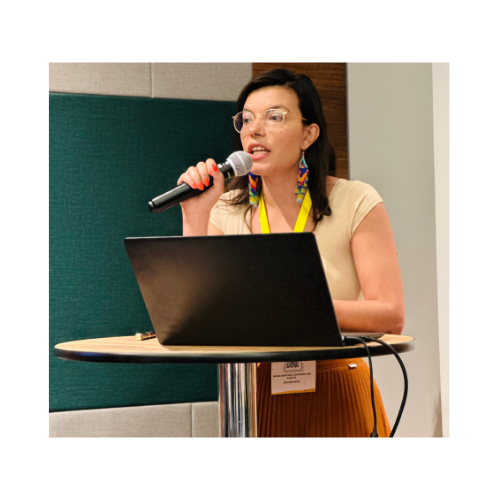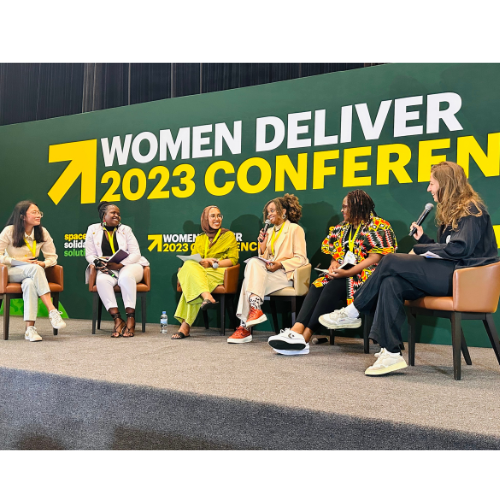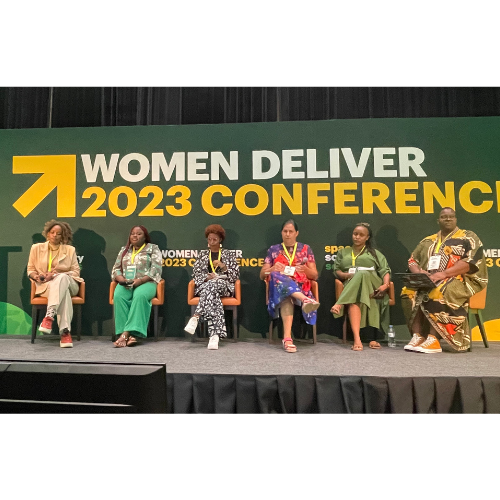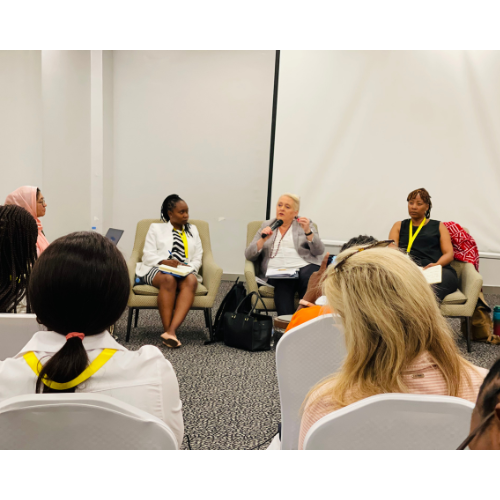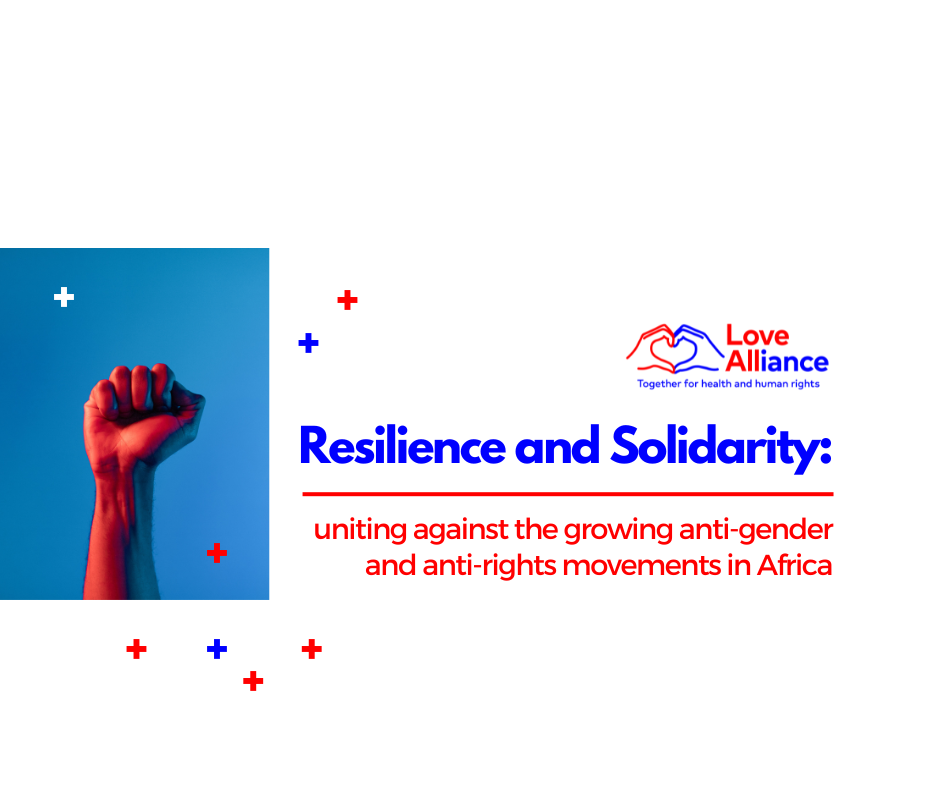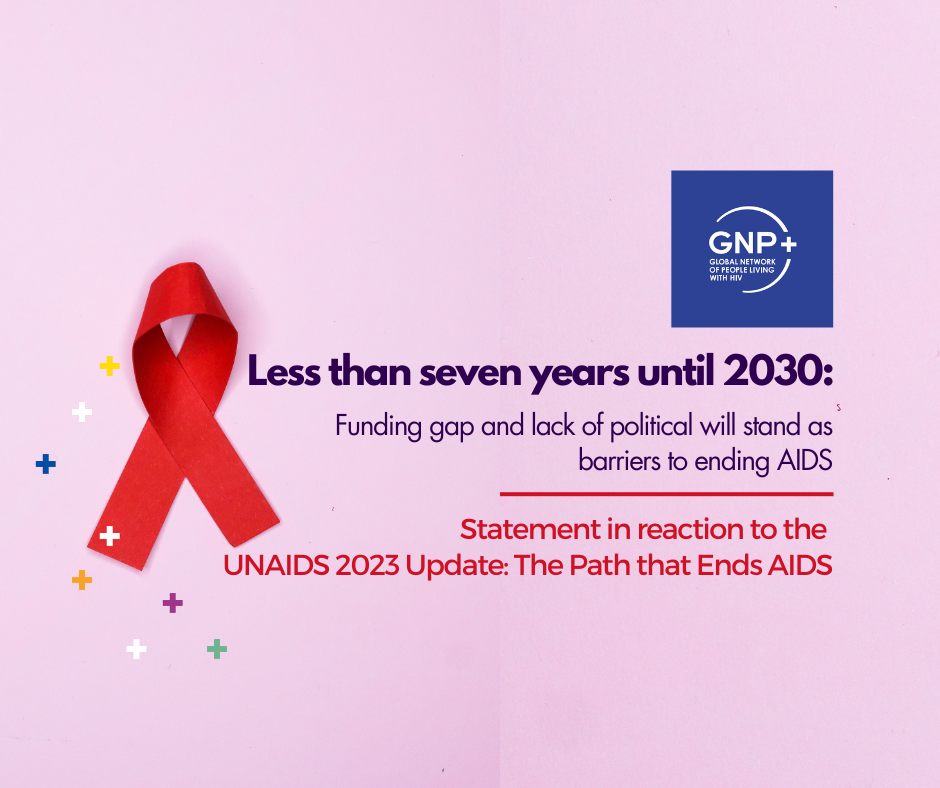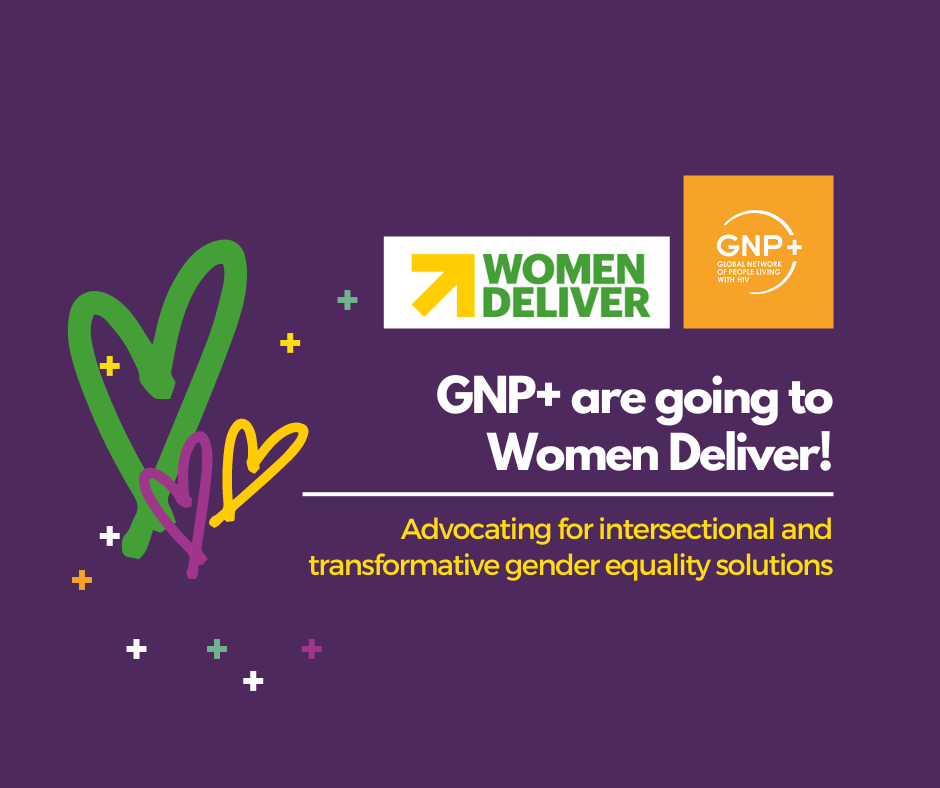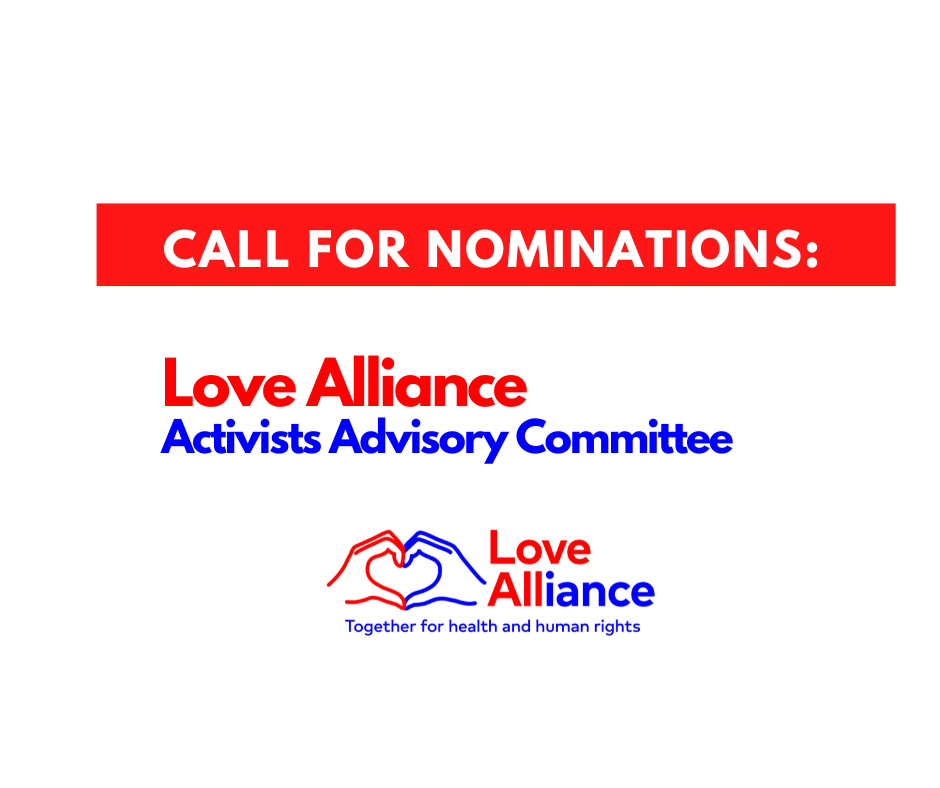In the aftermath of Russia’s invasion of Ukraine, a story of resilience and unity is unfolding amid an unprecedented humanitarian crisis. This narrative is centered around the strength and determination of communities of people living with HIV (PLHIV) and key populations. These communities, driven by the courage of their members and the unwavering support of organisations, are not merely surviving but emerging as beacons of hope. During this year’s World Humanitarian Day, it is essential to recognize and stand in solidarity with these remarkable groups and people who are shaping a future characterised by inclusivity, resilience, and compassion.
Amidst the chaos and displacement caused by the crisis, stories of courage and determination are emerging from the hearts of the affected communities. These communities are not passive victims; they are active agents of change in the face of adversity, particularly in addressing challenges related to HIV.
The turmoil and uncertainty resulting from the crisis have brought unique challenges to PLHIV and key populations. The disruption of medical services has worsened existing health conditions, and these communities are grappling not only with the immediate consequences of the crisis but also with the task of ensuring continued access to essential HIV treatment and care.
The crisis triggered by Russia’s invasion has highlighted the critical importance of humanitarian aid. Eleven community-led organisations in Ukraine, along with networks of PLHIV and key populations in neighbouring countries, have become lifelines for the most vulnerable, particularly those living with HIV/TB and key populations that have been disproportionately impacted.
These organisations are collaboratively devising strategies to respond to the crisis. They are ensuring that antiretroviral treatment remains uninterrupted, while also providing vital assistance with diagnostics and transportation. Beyond medicines and supplies, they are extending psychosocial support and preserving human dignity. However, their role extends even further. When a humanitarian crisis strikes, these community organisations step up in unprecedented ways, offering assistance with evacuations, establishing shelters, and providing essentials like food and clothing.
However, beneath the surface lies a deeper struggle. Amidst the chaos, fewer PLHIV and key populations are seeking the necessary treatment or prevention. The immediate need for shelter and sustenance often overshadows the importance of HIV services. People living with HIV, TB patients, and members of key communities are prioritising their families’ immediate needs, relegating their healthcare requirements to a secondary concern. The painstaking process of securing shelter consumes valuable time and resources, diverting attention from healthcare needs.
In the face of stress, compounded by the fear of stigma and discrimination, seeking shelter takes precedence over seeking treatment. Stigma acts as a barrier, discouraging timely access to treatment and further complicating the search for alternative income sources. The challenges are well-documented through cases reported to NGOs and networks. This underscores the vital role of integrating HIV services with humanitarian aid, ensuring that treatment adherence remains a priority amid the crisis.
The socio-economic challenges exacerbated by the conflict have hit PLHIV particularly hard. A staggering 92% are eligible for cash aid due to their low earnings. Key populations, often overlooked, face barriers when seeking humanitarian aid from non-governmental organisations. Despite claims of inclusivity, these groups often receive inadequate support due to the fear of discrimination during emergencies. The majority of clients prefer support from HIV-focused organisations, with 87% refraining from seeking assistance, often isolating themselves due to stigma.
The findings of rapid assessments conducted by Light of Hope in June and July 2022, and June 2023, with support from the Global Network of People Living with HIV, echo these observations. Integrating humanitarian aid with HIV and TB services emerges as a crucial approach. The concept of a “one-stop-shop,” providing a comprehensive range of services in a trusted environment, emerges as a promising solution. However, the sustainability of humanitarian support is limited as HIV donors primarily focus on HIV and TB epidemics. Yet, exceptions were made during the early stages of the conflict, allowing for the adaptation of community services. As needs evolve, community organisations, once heavily dependent on major donors like The Global Fund and PEPFAR, must seek alternative funding sources and develop new strategies for accountability and communication.
A shining example is a successful pilot project in Ukraine, supported by the Elton John AIDS Foundation, UNAIDS, and the Open Society Foundation, and executed by Light of Hope and 11 community-led organisations. This initiative aimed at strengthening the capacity of HIV-oriented community-led organisations in humanitarian responses has yielded significant results. These community-led organisations were able to secure $2 million in funding from humanitarian donors thanks to a $75,000 investment.
In the midst of the turmoil, these communities are not only confronting physical health challenges but are also championing human rights. A human rights defender asserts that donors, technical support providers, and regional networks must adapt their approaches to empower community-led groups to advocate for and defend human rights, even in the face of differing values.
Human rights violations, stigma, and discrimination are formidable barriers that hinder access to vital services for internally displaced people, migrants, and refugees. The persistent advocacy by community-led and civil society organisations has played a pivotal role in ensuring continued access to life-saving ARV medicines, TB treatment, and other critical services for those affected by HIV and TB. These organisations have demonstrated that their reach extends far beyond their core constituencies, embracing a broader responsibility in both Ukraine and countries hosting refugees.
In the middle of economic turmoil in Eastern Europe and Central Asia, communities living with HIV are among the most vulnerable. The convergence of economic hardships with strained health and social services has a disproportionate impact on these populations. Escalating inflation and fluctuating currency exchange rates exacerbate the challenges, driving up the costs of services, logistics, and medicines.
In these trying times, the indomitable spirit of communities living with HIV, TB, and key populations shines through. Beyond their immediate constituencies, these groups in Ukraine and neighbouring countries have emerged as pillars of support for the wider population. They have bridged the gap between refugees and health and social protection services, serving as a beacon of hope in times of darkness. However, the well-being of activists and community leaders remains a concern.
Historically, networks have been essential in connecting activists, professionals, and decision-makers. Yet, these networks now face unprecedented challenges and complexities. The ongoing crisis has strained solidarity, magnifying divisions, particularly regarding Russia’s invasion. The road ahead requires these networks to navigate uncharted waters – maintaining unity and shared values while accommodating refugees and migrants in the diaspora.
In June 2022, various organisations converged in Vilnius, driven by an imperative to unite in the face of adversity. This gathering was pivotal, not just for organisational resilience but also for constructing a consensus across the region on vital matters. This led to the creation of an official communiqué , meticulously outlining the shared perspectives, agreements, and recommendations that emerged from the discussions. This document further paved the way for recommendations directed towards the Global Fund, ensuring that the voices of communities are heard at a broader level.
As the days unfold in this complex narrative, one thing remains clear: communities amidst the humanitarian crisis in Ukraine are far more than victims. They are survivors, advocates, and agents of change. They stand as a testament to human strength, unity, and hope in the darkest of times. In the face of adversity, they have not just happened – they have risen, inspiring a future defined by resilience, compassion, and the unwavering pursuit of a better world.
Download the Analysis and Surveys here.



